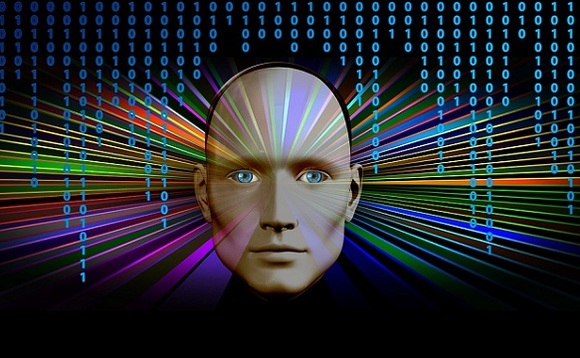
Artificial Intelligence is on the rise in several sectors, including genomics. Image via Pixabay.
Advances in artificial intelligence (AI) technology can help in predicting the impact of changes in genomes, according to a new study led by researchers from AI firm Peltarion.
Use of AI is on the rise in several sectors, including genomics. With advances in AI and machine learning applications, researchers are now better able to interpret vast amount of data.
One area where machine learning is significantly evolving is genomics – the study of the complete set of genes within an organism. Analysis of genes is vital not only for its implications in the area of human health, but also in agriculture and animal husbandry.
Researchers need to understand the effects of changing a piece of DNA, especially when multiple changes are done
In the current study, conducted with Stanford University School of Medicine, Chan-Zuckerberg Biohub, the Scripps Research Institute, and the Karolinska Institutet in Sweden, researchers analysed how AI, especially deep learning technique, can help scientists in studying genomes and forecasting the impact of changes in DNA structures.
The team specifically focused on recent developments in deep learning technique.
They found that AI can be helpful in the area of synthetic biology, enabling scientists to learn new ways to automatically create DNA sequences with specific features. It can also aid them in finding specific patterns in large quantities of data that would otherwise be difficult to find.
According to the study, predicting the impact of changes in DNA sequences using AI could be a major help, in particular, in vaccine development, medical diagnostics, and crop breeding.
Deep learning based AI methods could in many cases be used to predict effects of changing DNA much faster and at much lower cost
“In genomics, researchers need to understand the effects of changing a piece of DNA, especially when multiple changes are done. Traditionally this is done with lab experiments, but evaluating all possible changes is both costly and time-consuming,” said Mikael Huss, Data Scientist at Peltarion and Professor at the Karolinska Institutet in Sweden.
“As work reviewed in this paper shows, deep learning based AI methods could in many cases be used to predict effects of changing DNA much faster and at much lower cost.
“For instance, if you want to create a new anti-microbial drug, you can use AI techniques to synthesise a novel compound with specifically desired properties. This is potentially game-changing.”
The team has also launched an interactive online tutorial to help introduce deep-learning AI to other genomic researchers and scientists.
The findings of the study are published in journal Nature Genetics.
